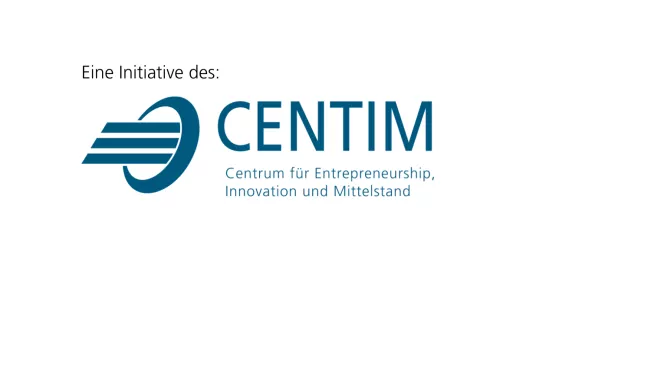H-BRS Gründungszentrum
Founding a Company in Germany
Founding a Company as an EU-Citizen

As a member of the EU, the matter is quite simple. Citizens can move and act freely within the EU, including setting up businesses. However, there are some things you need to be aware of:
Requirements
- German Language skills (recommended)
- Viable concept
- Bank account
- Health insurance
- Applicants over the age of 45 must provide proof of payment into a private or public pension scheme.
Residence permit
- Freedom of establishment and trade applies within the EU
Required documents
- Identity Card
- Business plan
Founding a Company as a Non-EU-Citizen

As a non-EU member, there are a few more things you need to consider when setting up a company in Germany. To help you keep track of things, we have listed the most important regulations below.
Requirements
- German Language skills (recommended)
- Viable concept
- Bank account
- Health insurance
- Applicants over the age of 45 must provide proof of payment into a private or public pension scheme
- Application for residence permit prior to entry (Exceptions: Nationals of New Zealand, Canada, Japan, Israel, Australia, United States of America and Switzerland)
Residence permit
- Residence permit for self-employment
- Application for residence permit according to §21 AufenthG (the law of residency)
Self-employed are:
- Sole proprietors who work on a freelance or commercial basis
- General partner of limited partnership
- Managing directors and representatives of partnerships and corporations, if they have contributed capital to the company
- Majority shareholder of a limited liability company (In the case of a minority shareholder of a GmbH or a simple participation in the capital of a company, however, there is no self-employed activity
- A foreigner, who has graduated from a state or state-recognized university or similar educational institution in Germany successfully or as a researcher or scientist holding a residence permit in accordance with § 18 or § 20 AufenthG, may issue a residence permit to pursue self-employment, notwithstanding the terms in § 21 AufenthG. The proposed self-employed must have a connection with the acquired knowledge in higher education or the activity can be recognized as a researcher or scientist.
Required documents
- Valid passport of the home country
- Business plan
- Certificate of registration from the Residents' Registration Office
- Proof of qualifications and formal requirements of self-employed activity
- Economic interests
- A positive effect for the economy
- Securing the financing of livelihood and self-employment
"An economic interest can be assumed if large investments are made and thus jobs are created and secured, the market situations of already established companies are improved, or technically high-quality products are produced. The economic viability of the business idea, and thus the business plan must be assessed. Here, the intention to make a profit, the investments, the entrepreneurial experience, possible consequences on the employment and training situation of the region as well as a possible contribution to research and innovation are examined." (source: Gründerlexikon.de)
